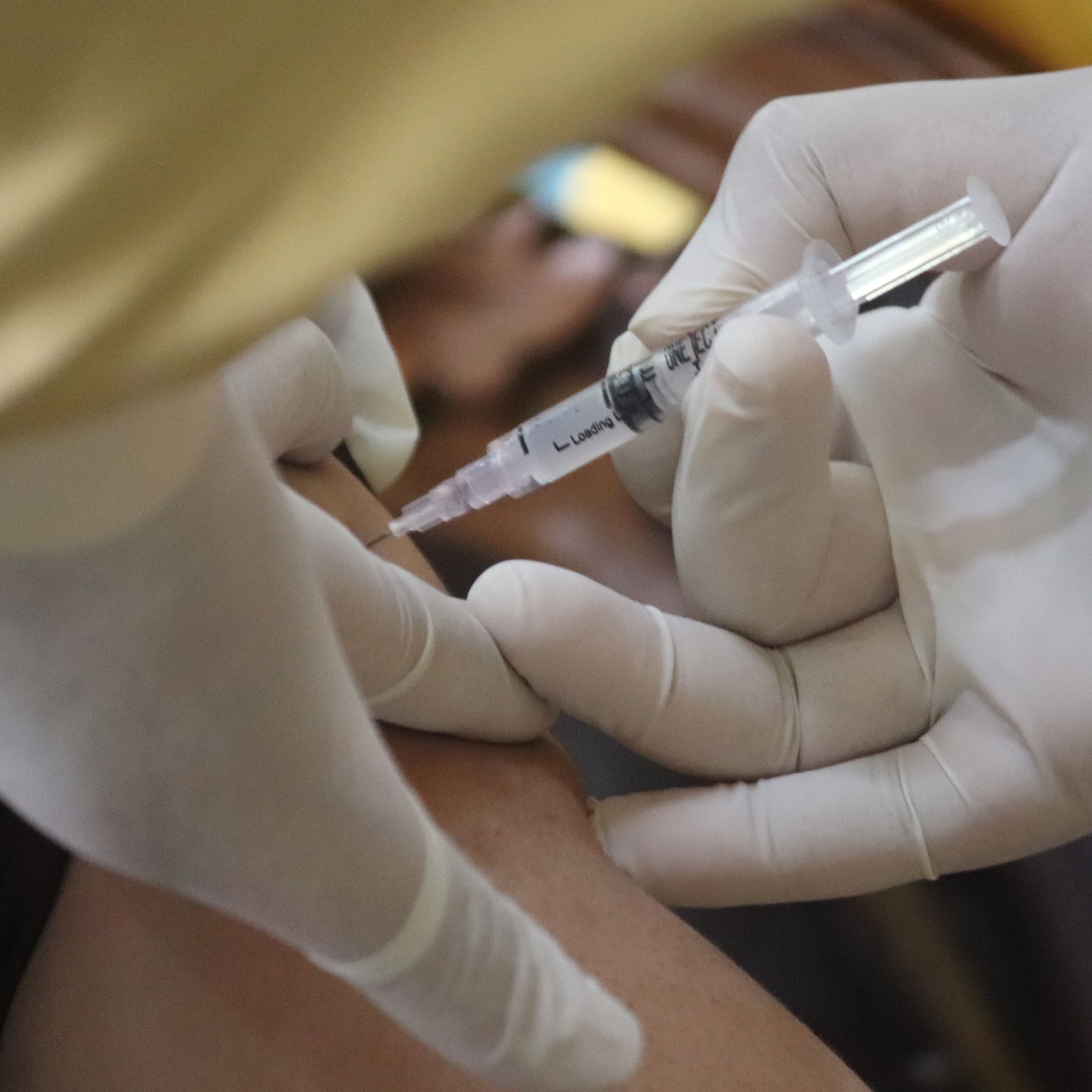Article
Chemistry-based Vaccine Works Immediately to Attack Cancer Cells
Scientists have developed a method by which specially programmed chemicals can be used to elicit an instant immune response against two types of cancer.
Scientists at the Scripps Research Institute have developed a method by which specially programmed chemicals can be used to elicit an instant immune response against two types of cancer.
Called covalent immunization, the technique was tested on mice with either colon cancer or melanoma, which were injected with chemicals designed to trigger a “universal” immune reaction, as well as “adapter molecules” that recognized cancer-specific cells, the latter of which self-assembled with the antibodies and created covalent antibody-adapter complexes.
Mice that received both the vaccine and the adapter compound produced an instant immune response that attacked the cancer cells and placed a significant impairment on the ability of the tumors to grow.
"The antibodies in our vaccine are designed to circulate inertly until they receive instructions from tailor-made small molecules to become active against a specific target,” said Carlos Barbas, III, PhD, professor at the Scripps Institute. "The advantage of this method is that it opens up the possibility of having antibodies primed and ready to go in the time it takes to receive an injection or swallow a pill. This would apply whether the target is a cancer cell, flu virus, or a toxin like anthrax that soldiers or even civilian populations might have to face during a bioterrorism attack."
According to the Scripps Institute, this is the first time that a covalent vaccine has been successfully developed and tested, as antibodies do not typically form covalent bonds to chemicals.
The new research, published in an Early Edition of the Proceedings of the National Academy of Sciences, http://www.pnas.org/content/early/2009/02/27/0900147106 continues ongoing work with chemically programmed monoclonal antibodies already being conducted in the Barbas laboratory.
In the near future, the researchers hope to apply the covalent vaccine approach to HIV, cancer, and infectious diseases that currently have no vaccines. The creation of adapter molecules for each specific disease will also be an area of focus.
“We believe that chemistry-based vaccine approaches have been under-explored and may provide opportunities to make inroads into intractable areas of vaccinology," said Barbas.





